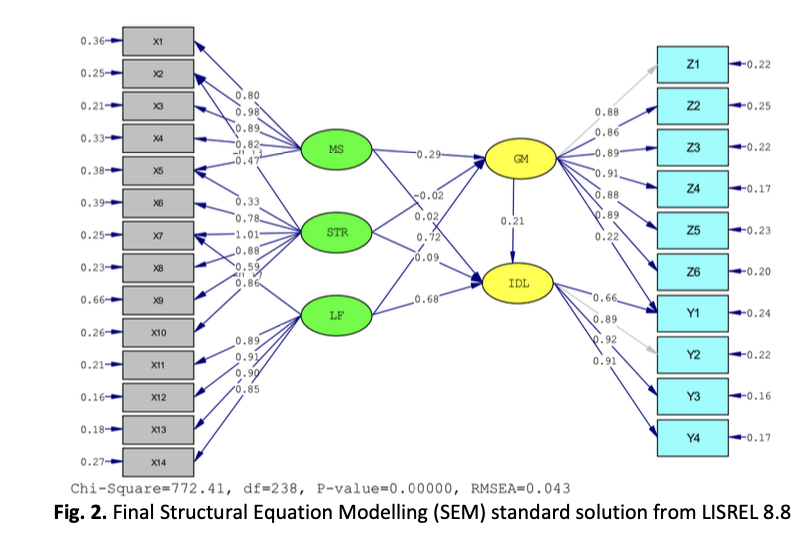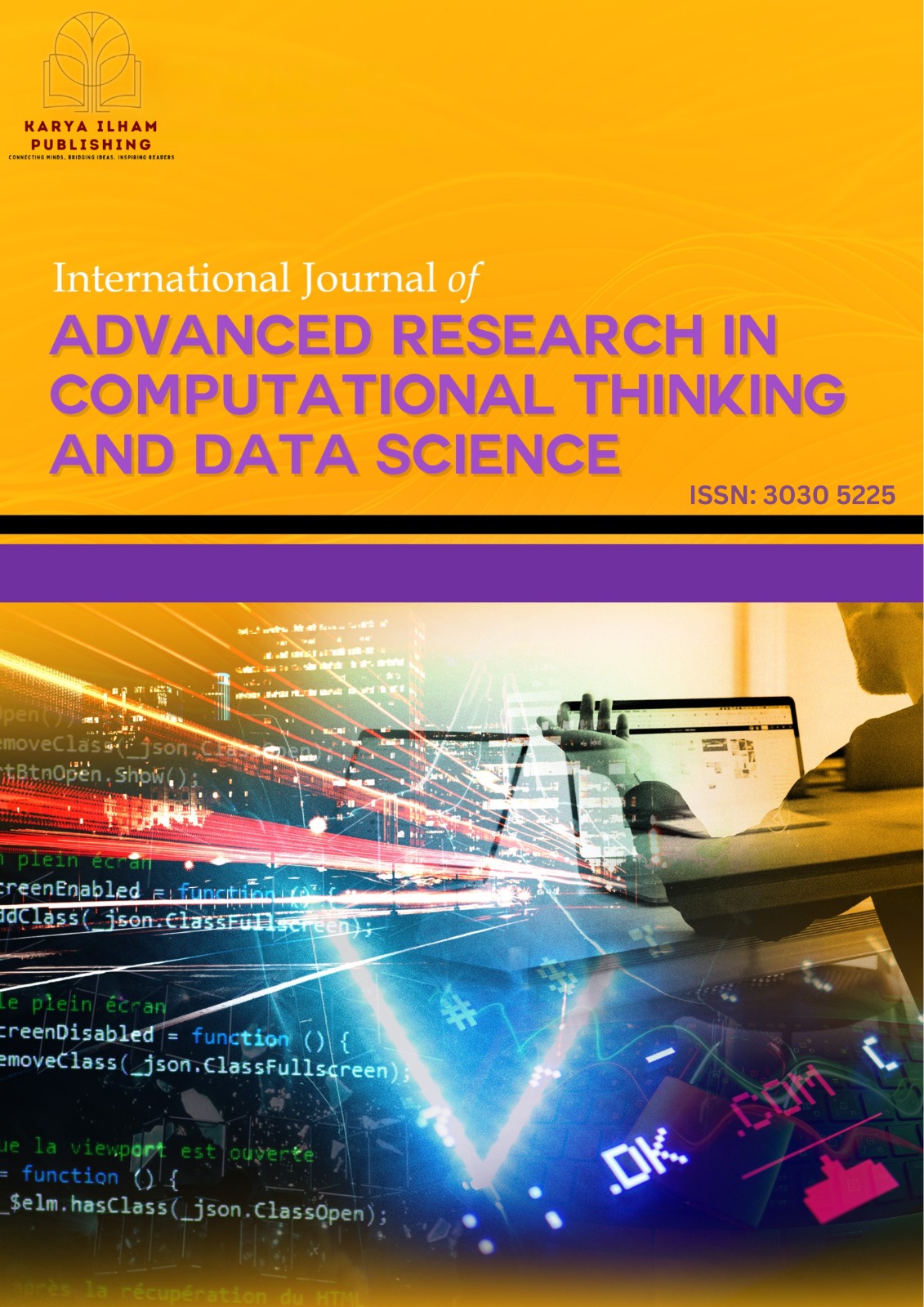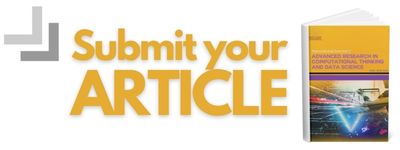Analysis of Deep Learning Implementation’s Factors through Growth Mindset Optimization: A Structural Equation Modelling (SEM) Approach
Keywords:
Deep learning, growth mindset, learning frameworkAbstract
Deep learning and growth mindset are two concepts that are becoming increasingly important in the world of education. The implementation of deep learning, which focuses on conceptual understanding and knowledge transfer, is a priority in contemporary education. Deep learning focuses on comprehensive conceptual understanding, not just memorization, while a growth mindset is the belief that abilities and intelligence can be developed through dedication and hard work. The integration of these two concepts has great potential to improve learning effectiveness. This study aims to comprehensively analyze the influence of three key factors mindset, the quality of the teacher-student relationship, and the learning framework applied on the implementation of deep learning optimized through a growth mindset. The main problem identified is the lack of research that holistically examines the interaction and combined impact of these three factors. Many previous studies tend to focus on one variable separately, leaving a gap in understanding how an integrated learning environment facilitates profound understanding and the formation of an adaptive mindset. The purpose of this study is to develop a theoretical model that illustrates the causal relationship between mindset, teacher-student relationships, learning frameworks, and the effectiveness of deep learning implementation supported by a growth mindset. Research data was collected using a mixed-methods approach. Quantitative data analysis used multiple regression analysis techniques to identify which variables most significantly influenced the implementation of deep learning using Structural Equation Modelling (SEM). The benefits of this research are expected to provide practical guidance for teachers, curriculum developers, and policymakers to design a more supportive and effective learning environment. Based on 1,200 respondents who were willing to fill out the questionnaire, the results showed that the optimization of a growth mindset mediated the improvement in the effectiveness of deep learning implementation with a standardized value of 0.21. Another finding is the causal relationship between mindset, teacher-student relationships, learning frameworks, and the effectiveness of deep learning implementation supported by a growth mindset. These findings can help optimize deep learning strategies that focus not only on material but also on psychological and social aspects that are essential to student learning success.










